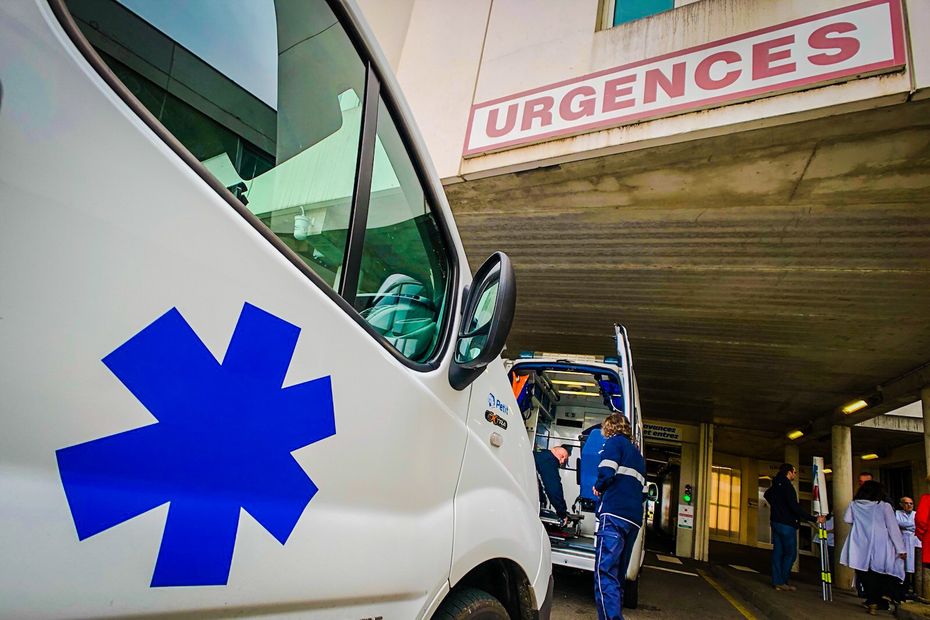This right of alert filed by the CFDT concerns the understaffing of the emergency department. A state of affairs symptomatic of the demographics of our region and the poor state of our health system. For its part, management affirms that “the adult emergency department is experiencing sustained but controlled activity.”
Company
From daily life to major issues, discover the subjects that make up local society, such as justice, education, health and family.
France Télévisions uses your email address to send you the “Society” newsletter. You can unsubscribe at any time via the link at the bottom of this newsletter. Our privacy policy
In two years, four alert rights have been filed at the Limoges University Hospital by unions, to report the existence of a danger to the health and safety of staff.
This type of procedure gives the CHU management the obligation to react. But according to David Combeau, CFDT Health-Social delegate, these alert rights only gave rise to “very temporary plugging measures”.
When David Combeau went to officially submit his new alert right, he counted thirty patients in the emergency corridors of Limoges: “Everyone gets used to it. The problem will remain the same as long as new hospital beds are not dedicated to emergencies.”
Over the past month, David Combeau notes that emergency staffing levels were not full for seven days. Of course, the quality of care suffers from this situation. The wait is multiplied for patients, and the staff is overwhelmed.
In the care chain, there are fewer people to help or monitor patients. There is a real risk to the health of people who come to the emergency room.
David Combeau
CFDT Health and Social Delegate
Sick leave and resignations are increasing, according to the union delegate.
Management, for its part, asserts that “the adult emergency department is experiencing sustained but controlled activity. It is faced with medical absenteeism, particularly due to sick leave due to pregnancy. In addition, recruitment remains a priority for the Limoges University Hospital, the establishment continuing its activity and loyalty plan.
In the meantime, staff note the regular presence of temporary workers in the service. According to David Combeau, “They don’t know the premises, they are trained in a hurry and that creates other tensions.”
According to Florence Metge, CGT manager at Limoges University Hospital, the number of emergency beds will be increased by the end of November. But the unions believe that the additional staff recruited will not be enough.
The doctors at the CHU, whom we were able to contact, recognize the existence of a problem in the emergency room.
For them, the service is congested in part because of the demographics of our territory, which has many elderly people. The latter often have serious pathologies and must be hospitalized. However, emergency departments have difficulty finding available beds in the departments. When they stay in the corridors for 48 hours, patients are often disoriented and their condition can deteriorate.
Understaffed is also a chronic problem at the University Hospital, symptomatic of poor condition of the hospital and community medicine in France.


